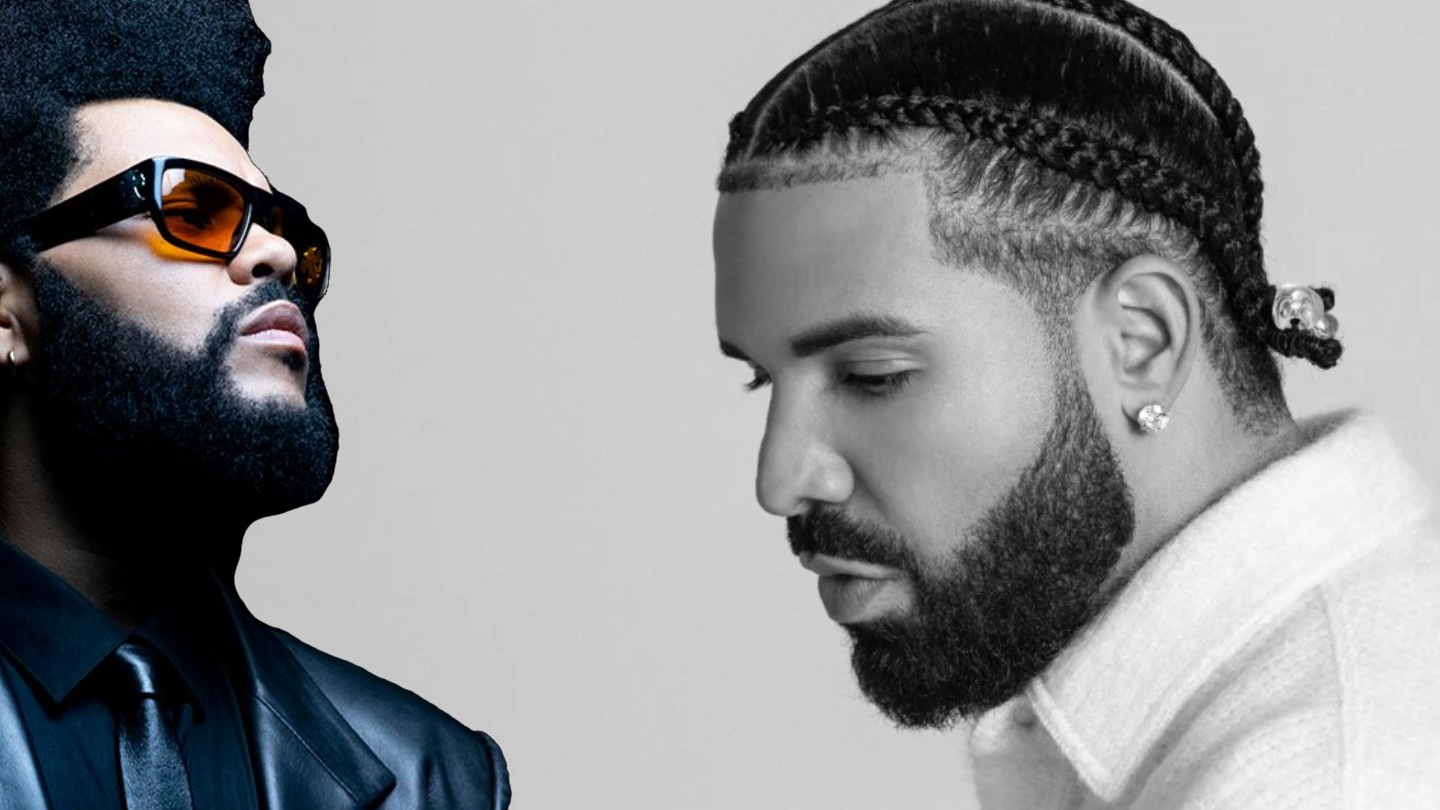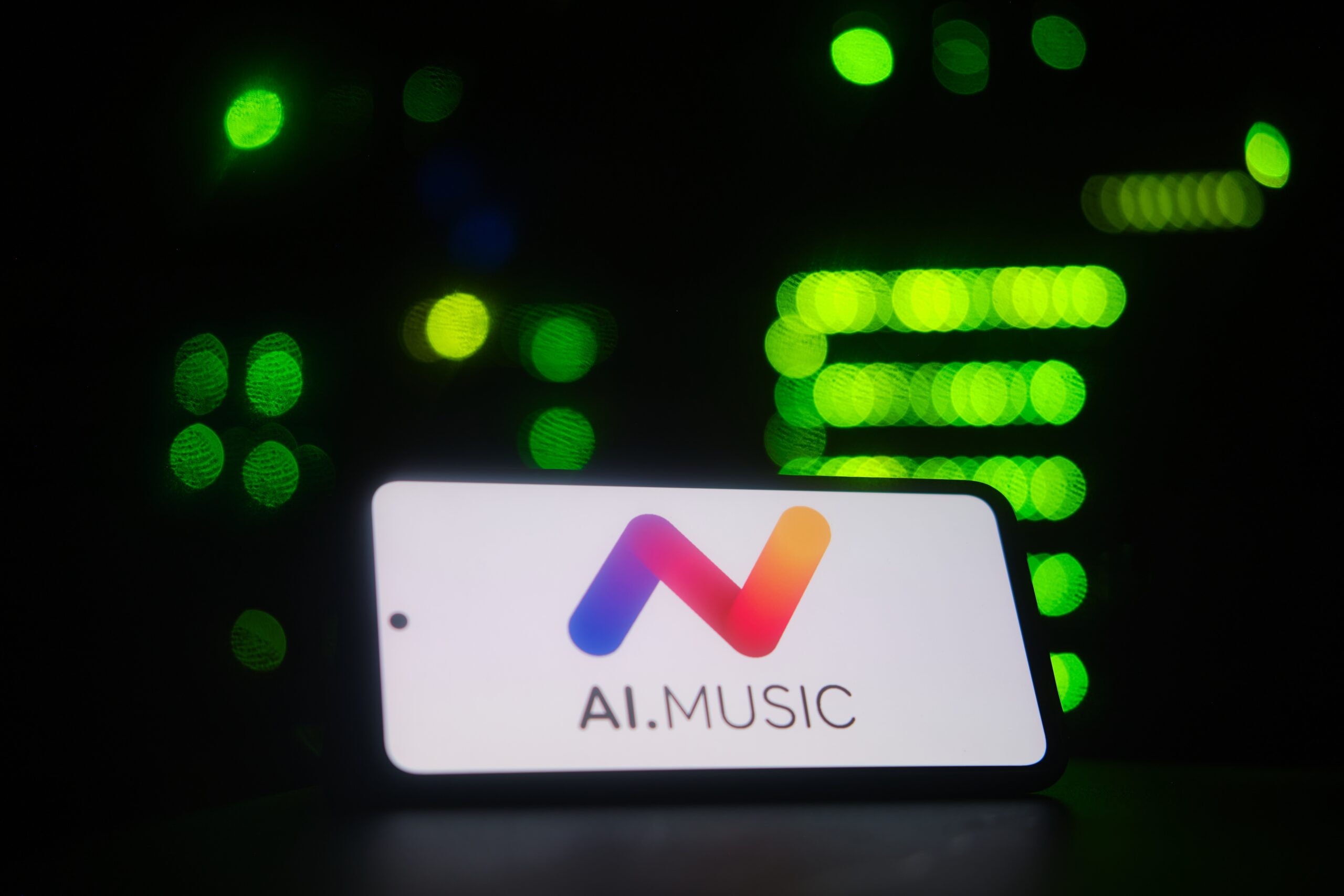A song featuring the AI-generated voices of Drake and The Weeknd has been submitted for next year’s Grammys, adding to the existing controversy over the use of AI in music, and copyright infringement.
The song “Heart On My Sleeve” was created by the artist known as Ghostwriter. The track went viral on TikTok soon after its release in April, racking up more than 230,000 plays on YouTube and over 625,000 plays on Spotify.
However, the song was pulled from streaming services such as Apple Music, Spotify, Tidal, and Deezer after it was revealed to have been created using artificial intelligence. The song reportedly mimicked the voices of the two Canadian singers with remarkable accuracy.
Also read: Grimes Will Split Profits 50% On AI Songs Using Her Voice
Are AI songs eligible for Grammys?
Now, Ghostwriter has submitted the ‘Heart on My Sleeve’ track to the Grammys for Best Rap Song and Song of the Year, a coveted award in the music sector, according to The New York Times.
The submission comes as the industry is still trying to figure out how to adapt to the threat of AI-generated music, which could potentially affect human producers and songwriters. There are also questions about whether AI songs are eligible to compete for awards at all.
“It’s absolutely eligible because it was written by a human,” Recording Academy CEO Harvey Mason Jr. told the Times.
“I knew right away as soon as I heard that record [the AI version of Heart on My Sleeve] that it was going to be something that we had to grapple with from an Academy standpoint, but also from a music community and industry standpoint.”
Despite its creative eligibility, Mason Jr. clarified that the song will still be required to meet the Grammys’ rules regarding “general distribution”.
It means that Heart on My Sleeve should be released broadly and made “available nationwide via brick-and-mortar stores, third-party online retailers, and/or streaming services.” According to the Times report, Ghostwriter was “aware of the commercial availability requirement.”
Taking down Heart on My Sleeve
The collaboration between Drake and The Weeknd is not the first example of artificial intelligence being used to create songs, but it is one of the most convincing. The two artists traded lyrics about Selena Gomez, who previously dated The Weeknd.
In the two-minute song, the cloned version of The Weeknd targets allegations against Gomez, singing: “Like Selena baby, I’ma cheat (sic).” Its opening lyrics have “Drake” rapping about “coming in with my ex, like Selena to flex/bumping Justin Bieber.”
The song became an immediate Internet hit, but Universal Music Group, which publishes both artists, said the distribution of its music, cloned using AI, to digital service providers like Spotify “represents both a breach of our agreements and a violation of copyright law.”
This song is VIRAL on all platforms right now.
But I think it's all a genius marketing stunt…
Not by Drake, but by a SaaS startup.
Here's a 30-second summary of the ai Drake song and my prediction of who's behind it. 👻 pic.twitter.com/puklgqjElZ
— Mitchell Cohen (@MitchellLandon) April 16, 2023
By April’s end, the company had sent emails to music streaming services including Spotify, YouTube, and Apple Music warning them that they “will not hesitate to take steps to protect our rights and those of our artists” over the use of AI-generated songs.
Heart on My Sleeve was quickly removed from streaming services. In a statement earlier this year, the Music Academy said “a work that contains no human authorship is not eligible in any categories” at the Grammys.
Mason Jr. later pronounced a new position in July, saying:
“What we intended to say was that material using AI can be submitted, but the human portion of the composition, or the performance, is the only portion that can be awarded or considered for a Grammy Award.”
“So if an AI modeling system or app built a track – ‘wrote’ lyrics and a melody, that would not be eligible for a composition award. But if a human writes a track and AI is used to voice-model, create a new voice, or use somebody else’s voice, the performance would not be eligible, but the writing of the track and the lyric or top line would be absolutely eligible for an award,” he added.










 and then
and then